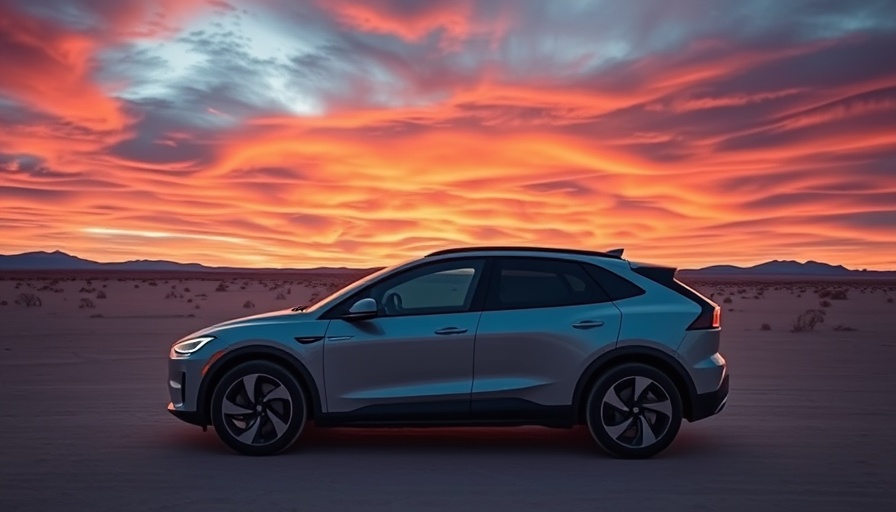
Justice Served: The VW Emissions Scandal Verdict
In a momentous ruling in Braunschweig, Germany, four former Volkswagen executives have been sentenced to prison for their part in the infamous emissions-cheating scandal. This case, which spanned three years, culminated in a verdict marking a significant turning point for Europe’s auto market and has serious implications for the future of vehicle emissions regulations.
From Diesel Dominance to Electric Revolution
Jens Hadler, who led the diesel engine development, received a sentence of four and a half years, described by the court as "particularly serious fraud." His team was responsible for the deceitful software that misled regulators by manipulating emissions tests. Before the scandal broke in 2015, diesel cars were touted as environmentally friendly and accounted for over half of car sales in Europe. However, these figures have plummeted to approximately 10% of new car sales today. The scandal not only eroded consumer trust but also forced automakers to pivot toward more environmentally sustainable alternatives.
Europe's Turning Point: The Rise of Electric Vehicles
As a direct consequence of the emissions scandal, the sale of electric vehicles (EVs) and plug-in hybrids has surged. Currently, these greener options represent about 25% of the new car market in Europe. Volkswagen has emerged as a leader in this shift, dramatically increasing its production of battery-powered cars, reportedly surpassing Tesla in sales during April 2025. The scandal has thus acted as a catalyst, accelerating Europe's transition toward a more sustainable automotive landscape.
The Broader Impact on European Regulations
This trial is not just about punishing individuals but signifies a broader movement towards stringent environmental regulations across Europe’s auto industry. With the demise of diesel, the automotive sector is grappling with enhanced scrutiny and intense regulatory measures aimed at reducing carbon footprints. The ramifications of this monumental case will likely reverberate throughout the globe, prompting other markets to reevaluate their emission standards and vehicle technology.
The journey of Volkswagen serves as a cautionary tale, emphasizing the importance of ethical responsibility within corporate culture and the vital need for transparent practices in environmental impact assessments. As consumers become increasingly conscious of ecological issues, the automotive industry's shift toward electrification seems inevitable and essential.
 Add Row
Add Row  Add
Add 




Write A Comment